Famous philanthropist Eli Broad was Lithuanian?
Eli Broad, born on June 6, 1933, was an American businessman and philanthropist whose vast fortune, extensive art collection and zeal for civic improvement helped reshape the cultural landscape of Los Angeles. In June 2019, Forbes ranked Broad as the 233rd-wealthiest person in the world and the 78th-wealthiest person in the United States, with an estimated net worth of $6.7 billion. Broad was known for his philanthropic commitment to public K–12 education, scientific and medical research and the visual and performing arts. One of his most famous commissioned works – contemporary art museum in Los Angeles „The Broad”.
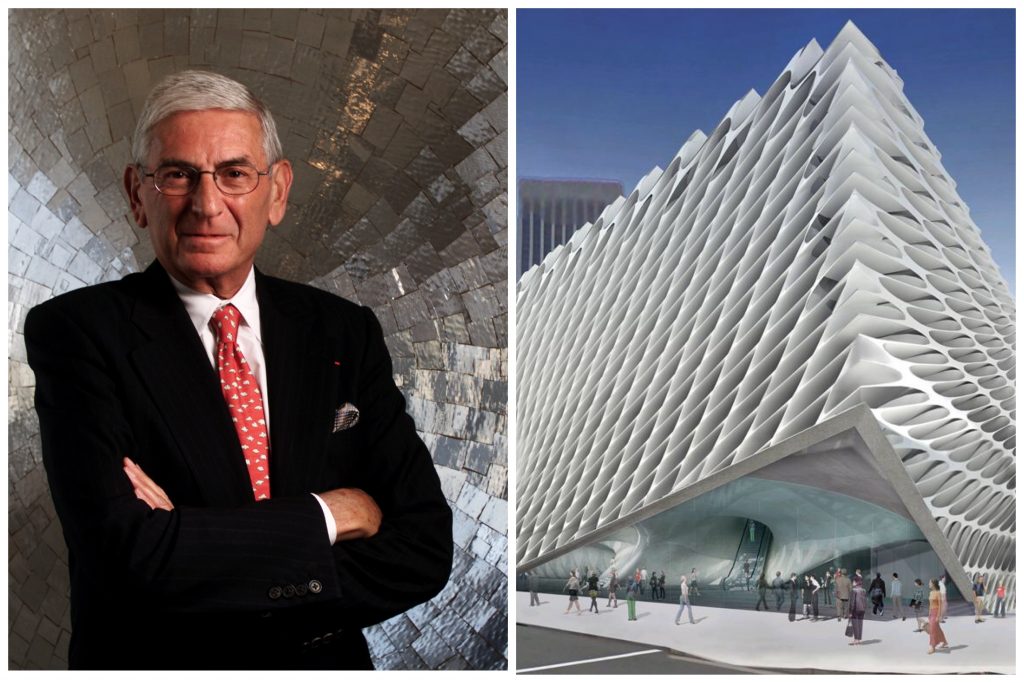
Broad was born in the Bronx, New York City, the son of Rebecca Jacobson and Leo Broad, Lithuanian Jewish immigrants who met in New York. They emigrated from Lithuania in 1920. His father worked as a house painter, and his mother as a dressmaker. His family moved to Detroit, Michigan, when he was six years old. In Detroit, his father was a union organizer and owned five-and-dime stores. Broad attended Detroit Public Schools and graduated from Detroit Central High School in 1951.
Broad attended Michigan State University, majoring in accounting with a minor in economics and graduating cum laude in 1954. Among the jobs Broad held in college were selling women’s shoes, selling garbage disposals door-to-door, and working as a drill press operator at Packard Motor, where he was a member of United Auto Workers. The same year, 21-year-old Broad married 18-year-old Edythe „Edye” Lawson.
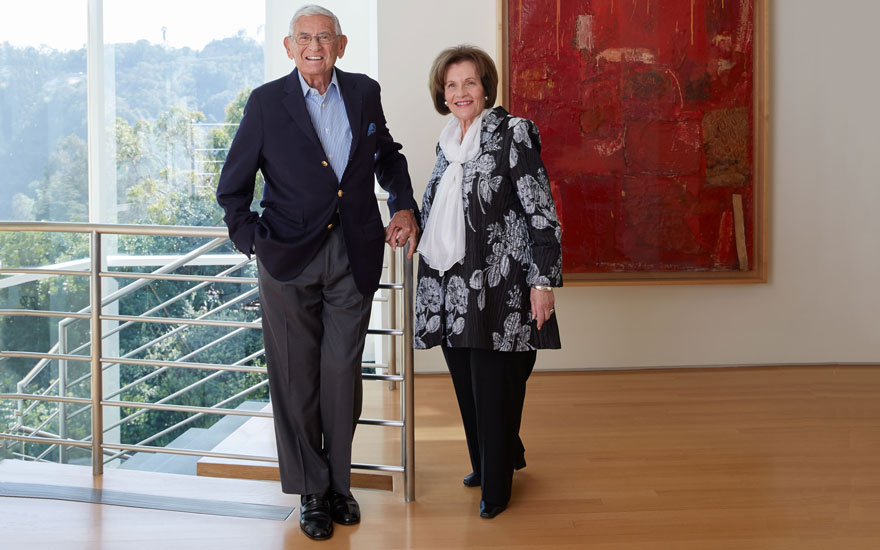
Broad became the youngest Michigan resident to attain the credentials of Certified Public Accountant (CPA), a record he held until 2010. Broad worked as an accountant for two years and taught night classes at the Detroit Institute of Technology as an assistant professor of accounting in 1956. Wanting to work on his own, he founded his own accounting firm and was offered office space by the husband of his wife’s cousin, Donald Bruce Kaufman, in return for doing the books for Kaufman’s small homebuilding and subcontracting business.
In 1984, he established the Broad Art Foundation to lend works from his collection for public viewing. A decade later, he famously purchased Roy Lichtenstein’s “I … I’m Sorry” for $2.5 million at an auction with a credit card and donated the more than 2 million frequent flier points he racked up to students at the California Institute for the Arts. In 2008, with his money, the Los Angeles County Museum of Art opened its new Broad Contemporary Art Museum featuring works from Broad’s collection. The Broads personally committed to giving 75% of their wealth away. As of October 2017, the Broads had given more than $4 billion to support K-12 public schools, advance scientific and medical research, and bring contemporary art to as wide an audience as possible.
Eli Broad went to Lithuania and found his ansestory home from his mother’s side. They had a guide in Lithuania, who claimed she was a descendant form prince Orlov. „We gave her some history and we found this town Marijampole. We told her to find us some oldest people in that town. We found this old farmhouse and we showed the pictures of my family to the people living in that farm. They remembered my uncle. My uncle was a hunchback. I also met somebody else, that remembered one of my aunts. My father was from a Vilnius gheto. My parents met in New York and got married. They always were talking about how fortunate they were to be able to leave Lithuania and what would have happened if they stayed”, – says Eli.
In this interview, Broad reflects on his family’s migration from Lithuania to America in the 1920s and remembers going back to Lithuania to visit his maternal ancestral home. Broad recounts the high value his parents placed on education and giving back to others, and the effect that has had on his life.
Outside work, Broad used his wealth and status to bring about civic, educational, scientific and cultural improvement projects, particularly in Los Angeles. The New York native had moved to the city’s tony Brentwood section in 1963. In the early 1990s, the Broads commissioned Frank O. Gehry to design their primary residence in Brentwood. It was built by the architecture firm Langdon Wilson based on Gehry’s initial designs. His charitable foundations donated millions to such projects, particularly those aimed at improving public education, and established endowments at several universities across the nation.
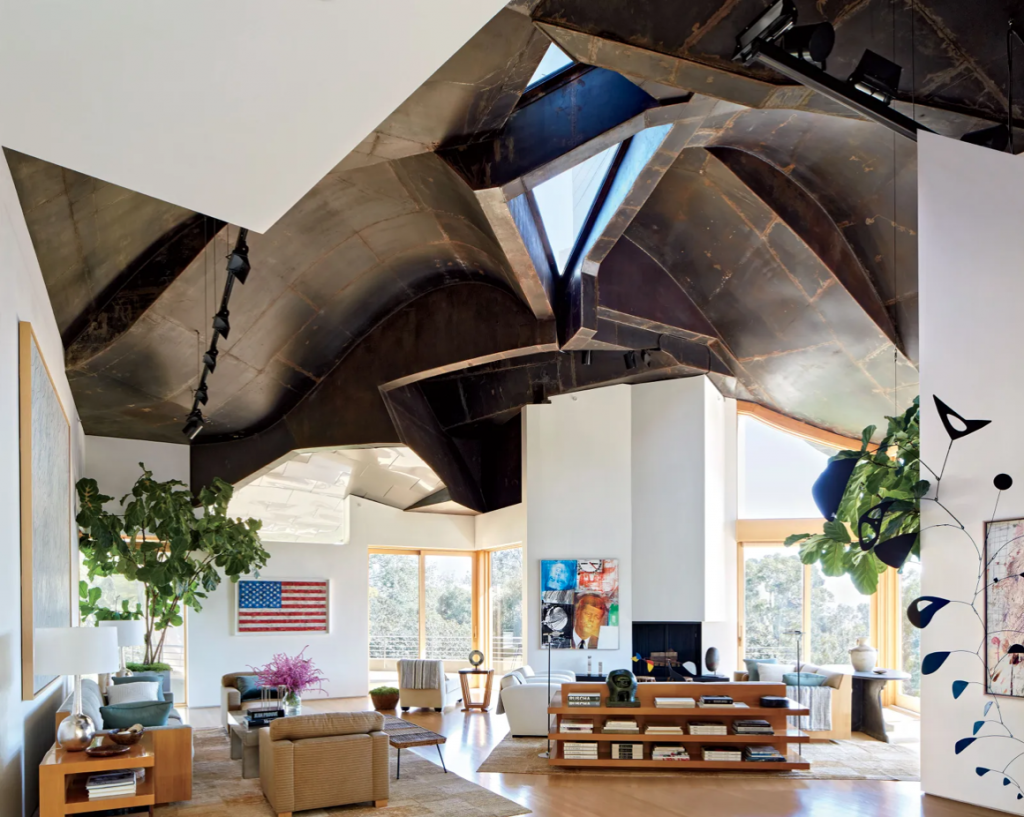
In the 1990s, Broad led the campaign to help raise money to build the Frank Gehry-designed Walt Disney Concert Hall and was a major underwriter of Los Angeles’ Museum of Contemporary Art, among other institutions.
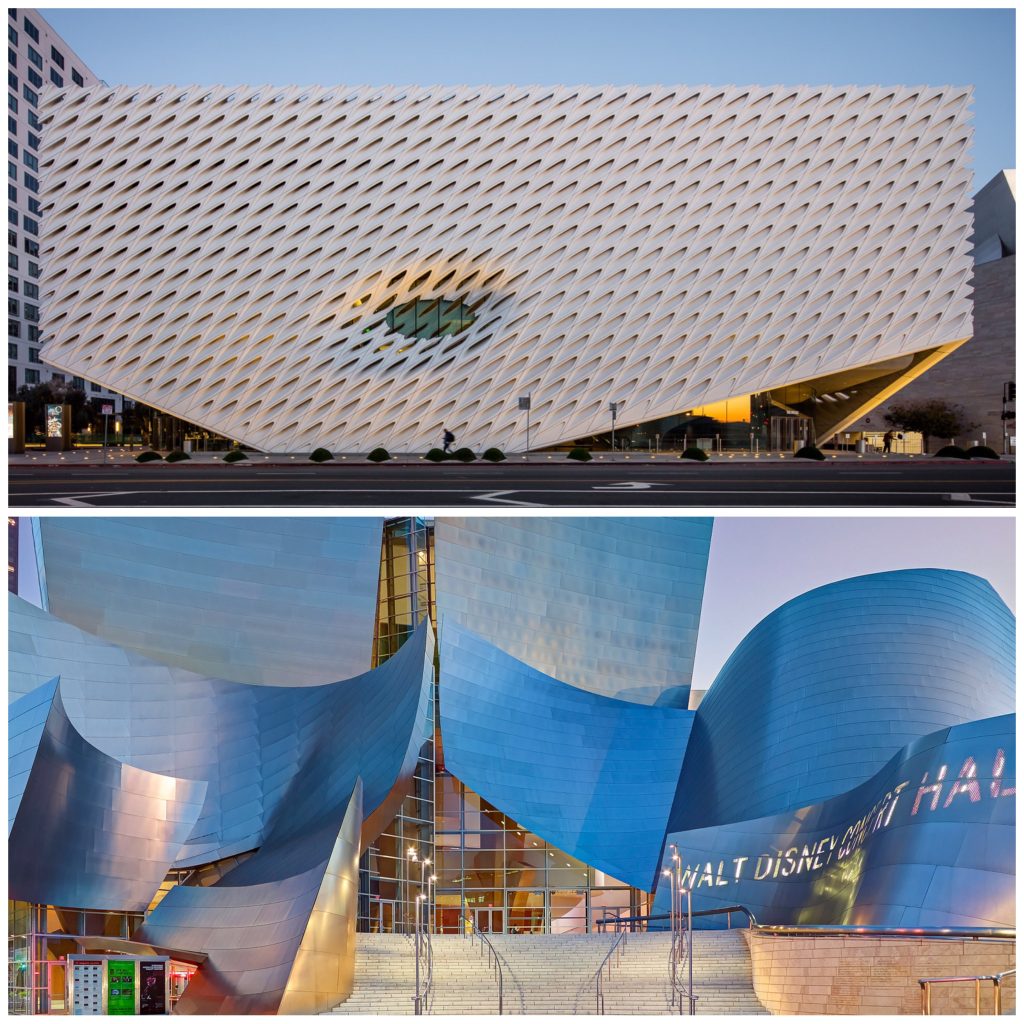
The museums, medical research centers and cultural institutions emblazoned with the names of Mr. Broad and his wife, Edythe, include the Broad Art Center at the University of California, Los Angeles; the Broad Center for the Biological Sciences at the California Institute of Technology; and centers for regenerative medicine and stem-cell research at three California universities, as well as the Broad Institute, a biomedical and genomic research center that is a joint arm of Harvard and the Massachusetts Institute of Technology in Cambridge, Mass.
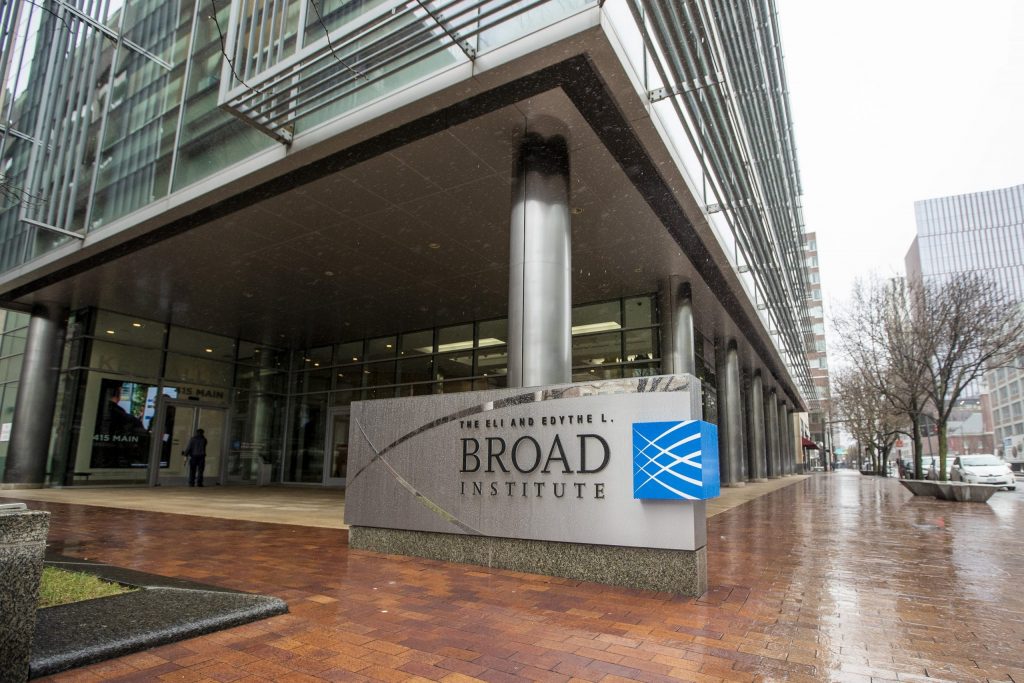
In 2017, Broad announced his retirement from The Eli and Edythe Broad Foundation, passing responsibility to its president, Gerun Riley. Broad said he would remain as a trustee of the Foundation, and continue to serve on the Board of The Broad museum. Broad said he was in good health and felt like it was time to „step back”.
Eli Broad died on April 30, 2021, at the Cedars-Sinai Medical Center in Los Angeles, California, after a long illness, less than two months before his 88th birthday.
Rėmėjai

